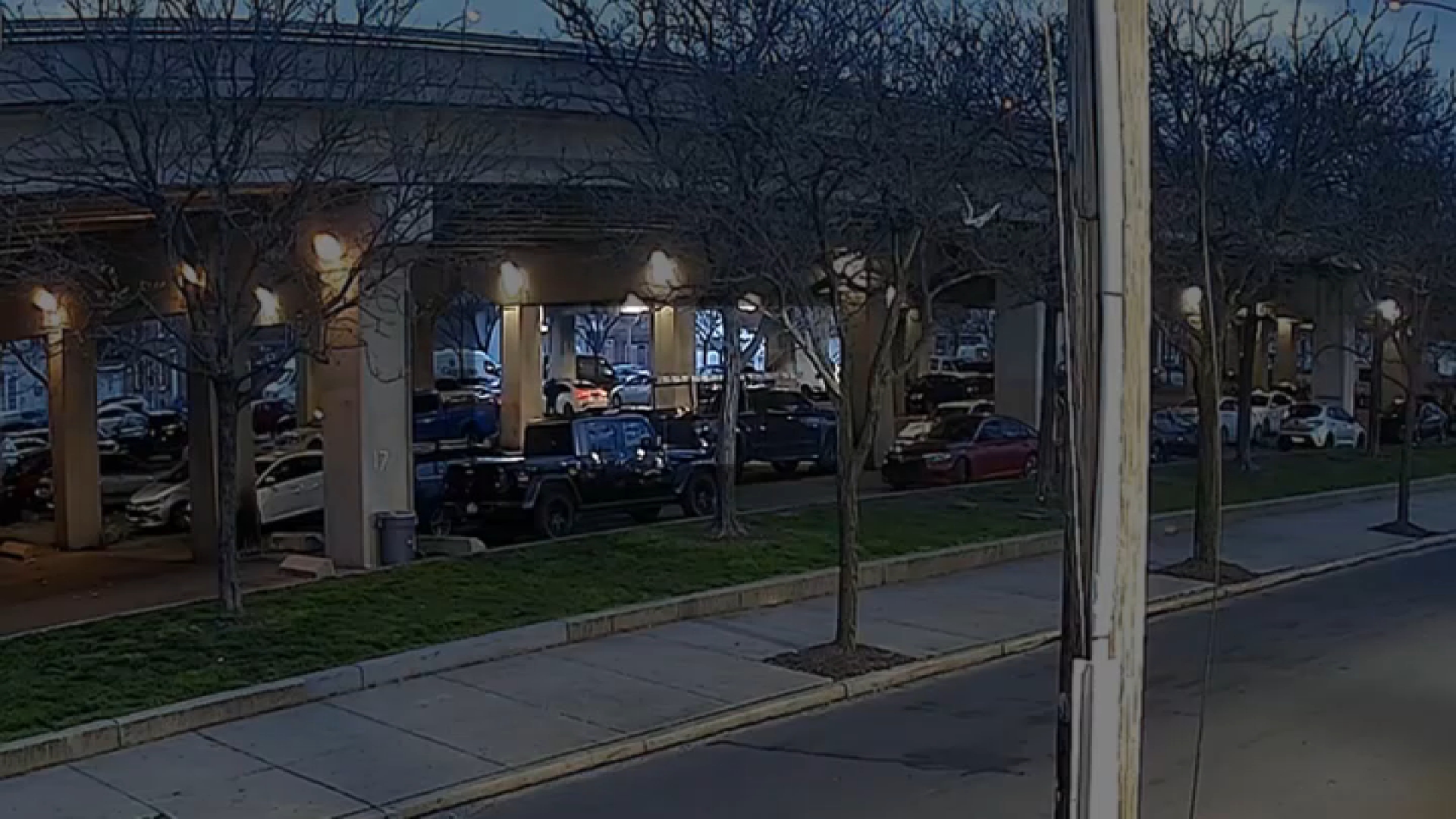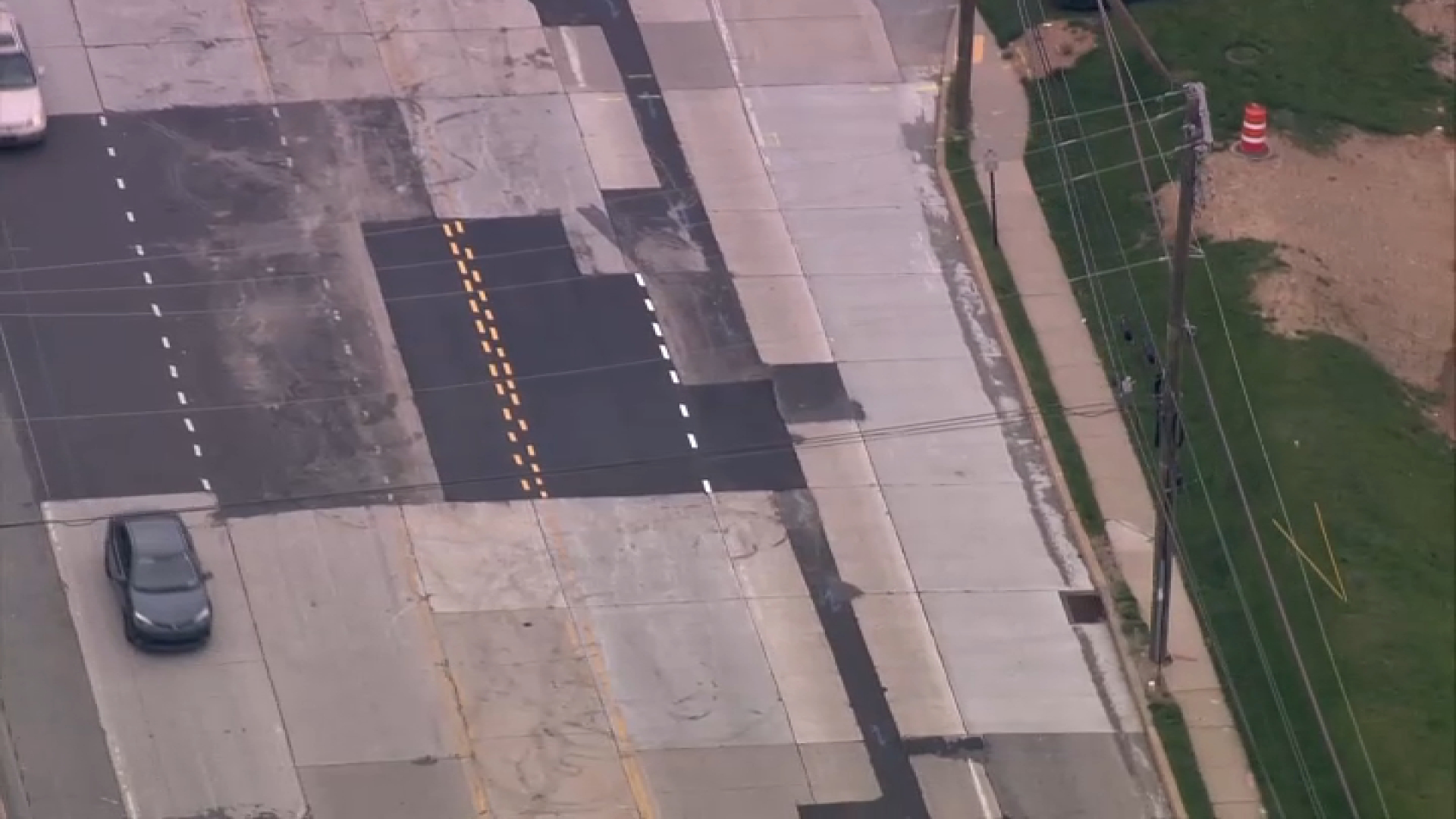Gov. Tom Corbett on Wednesday signaled that he is engaged in efforts to help the financially troubled Philadelphia School District, which is in the midst of shedding 20 percent of its workforce, but he made no promise that he would fight for more money for the district.
Corbett, a Republican who has championed public school alternatives and private school vouchers while being heavily critical of school boards and teachers' unions, stressed that any help must yield long-term solutions ``with an expectation that we will not be back at the drawing board again next year with another fiscal crisis.''
"Our focus must remain on academic and operational excellence for the students of Philadelphia,'' Corbett said in a statement.
Mayor Michael Nutter, Corbett's appointees on the state-controlled board overseeing Philadelphia schools, Democratic state lawmakers and Senate Majority Leader Dominic Pileggi, R-Delaware, have sought Corbett's help in filling the Philadelphia district's $304 million deficit.
Mayor Nutter's office issued the following statement regarding the announcement:
"The Governor is making very clear his overall commitment to education in Pennsylvania and with special reference to Philadelphia. The Mayor looks forward to further discussions with the Governor, the General Assembly and its leaders, Council President Darrell Clarke and Dr. Hite and the SRC as they collectively try to secure the necessary funds to educate our City's school children. This is a critical issue for the City and the Commonwealth and our future."
School officials are seeking about $130 million in employee union concessions, $120 million in additional state aid and $60 million from increased taxes on cigarettes and alcoholic drinks that must be approved by both City Council and the Republican-controlled state Legislature.
Local
Breaking news and the stories that matter to your neighborhood.
The only one of those elements for which Corbett expressed support was the union concessions.
"Such changes will help stem the financial drain on the school district's budget so that resources may be redirected back into the classroom for high-quality teaching and improved learning,'' he said.
Without the financial help, Philadelphia school officials say they would need to lay off nearly 3,800 employees and eliminate all art, music and athletics programs.
Both Pileggi and Sen. Anthony Williams, D-Philadelphia, have declined to say how much money the state might be able to assemble for Philadelphia. Leading Republican lawmakers are typically unenthusiastic about doing favors for the heavily Democratic city, and they are fighting to maintain a business tax cut of an estimated $360 million.
Pileggi has stressed that any money for Philadelphia would likely be part of a larger pot for a group of distressed school districts, largely urban, where financial problems are just as dire, including places like Allentown and Upper Darby.
"We need to look at the entire state, not just in Philadelphia,'' Pileggi said. "The problems in some of the smaller districts are no (less) real and pressing to the people who live there.''
Some Democratic lawmakers, including Philadelphia Sen. Michael Stack, are bristling at the insistence on union concessions.
"These folks teach in very challenging circumstances and some years we have a very tough time recruiting people to teach in these classrooms,'' Stack said.
Approval to raise the liquor-by-the-drink tax has stalled in City Council. The council did pass a $2-per-pack cigarette tax, and Williams said discussions about the required state approval for that levy are preliminary.
Meanwhile, not every Philadelphia state lawmaker is in favor of the additional taxes and some want to temporarily divert $90 million a year from casinos that otherwise goes to cut the city's wage taxes.
City Council President Darrell Clarke said Tuesday that he expected to deliver $74.4 million to the schools through the cigarette tax and increased delinquent tax collections - above the original $60 million requested by the district.
However, some city education advocates questioned the feasibility of his projections, noting the need for enabling legislation from Harrisburg and that collecting overdue taxes has never been the city's strong suit.
"Where is the school funding guarantee?'' Parents United for Public Education asked in a statement.
The parents' group is urging City Council to raise additional money through an increase in a business tax known as the "use and occupancy'' tax.
Sam Katz, a member of the Pennsylvania Intergovernmental Cooperation Authority (PICA) -- an independent group that has veto power over the city’s budget -- says there is some concern over city council promise to hand over that money. Money the city has not yet collected.
"It will have to come from some place else. What we are concerned about is the extend to which the dependents on the city will impact the city's finances," said Katz.



